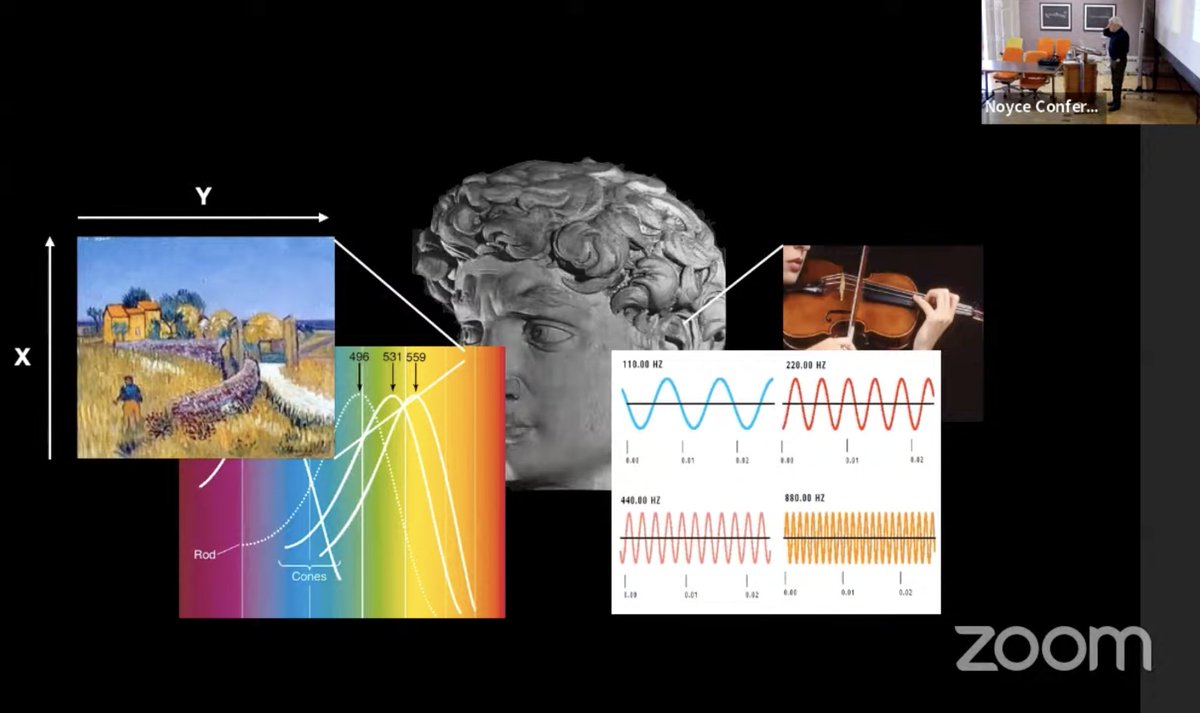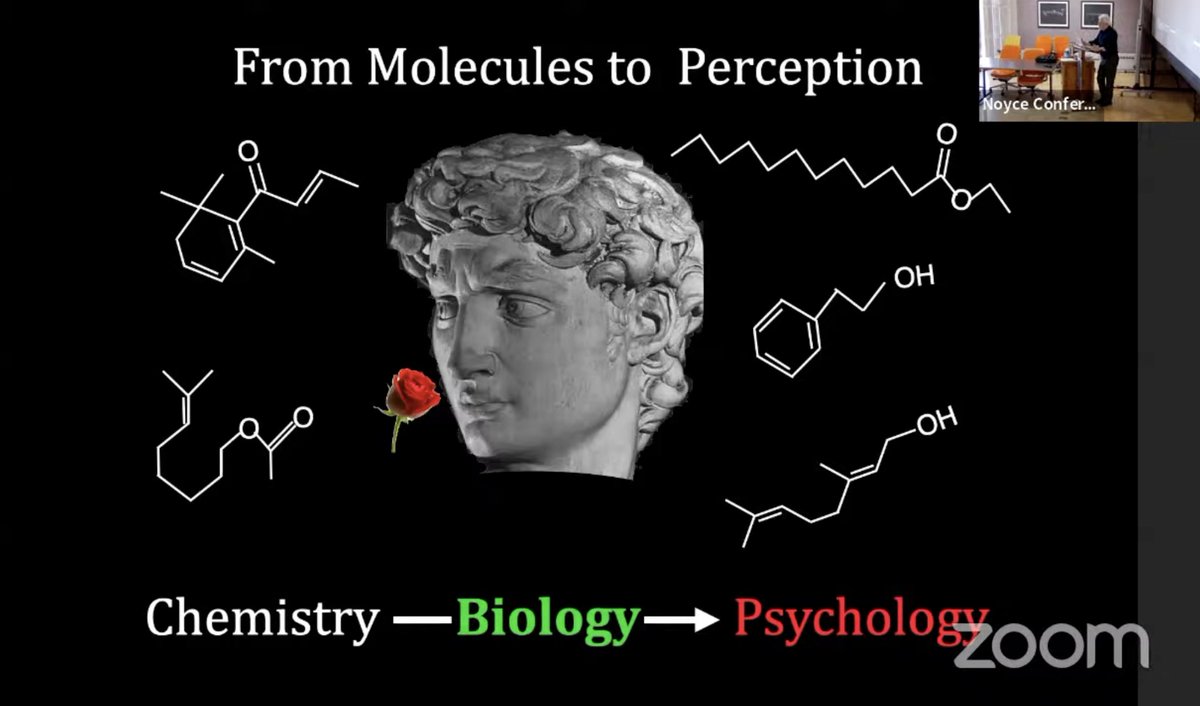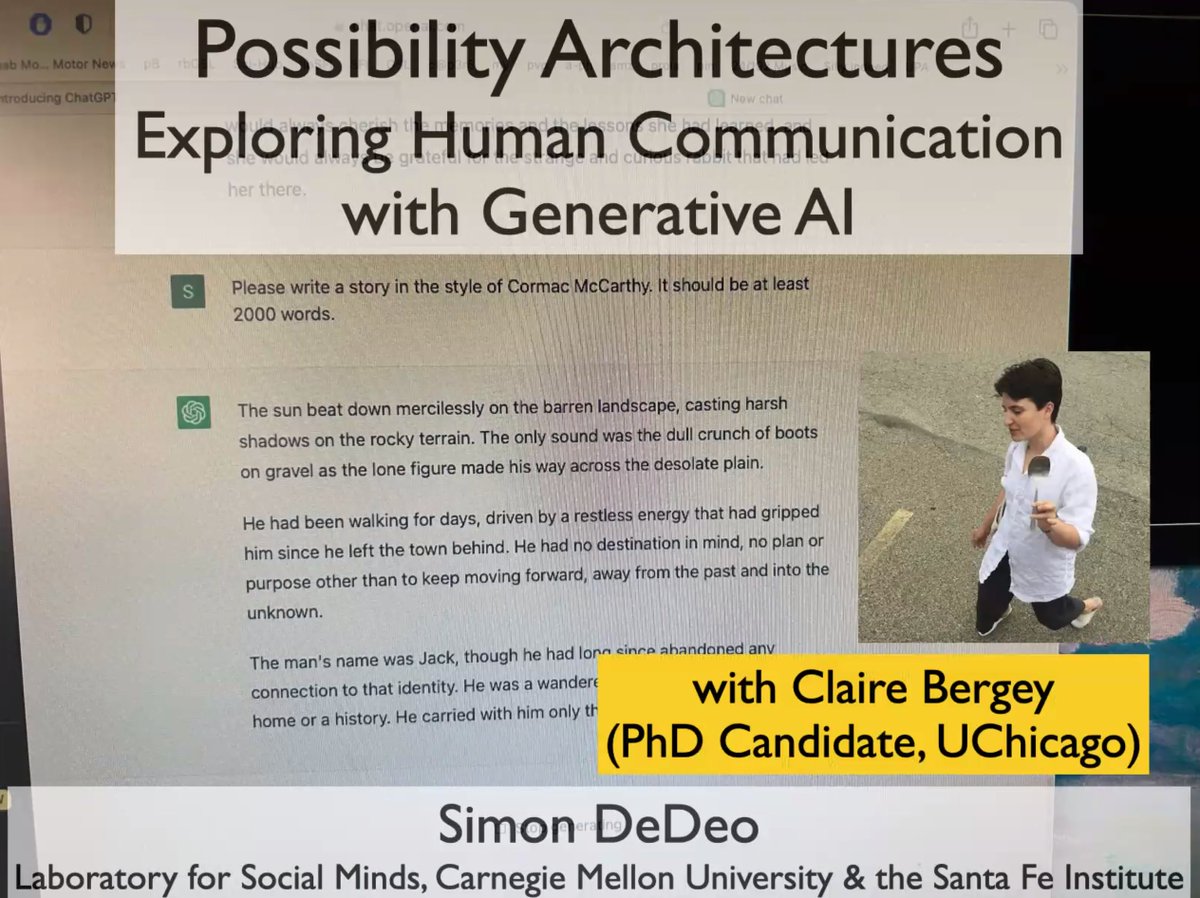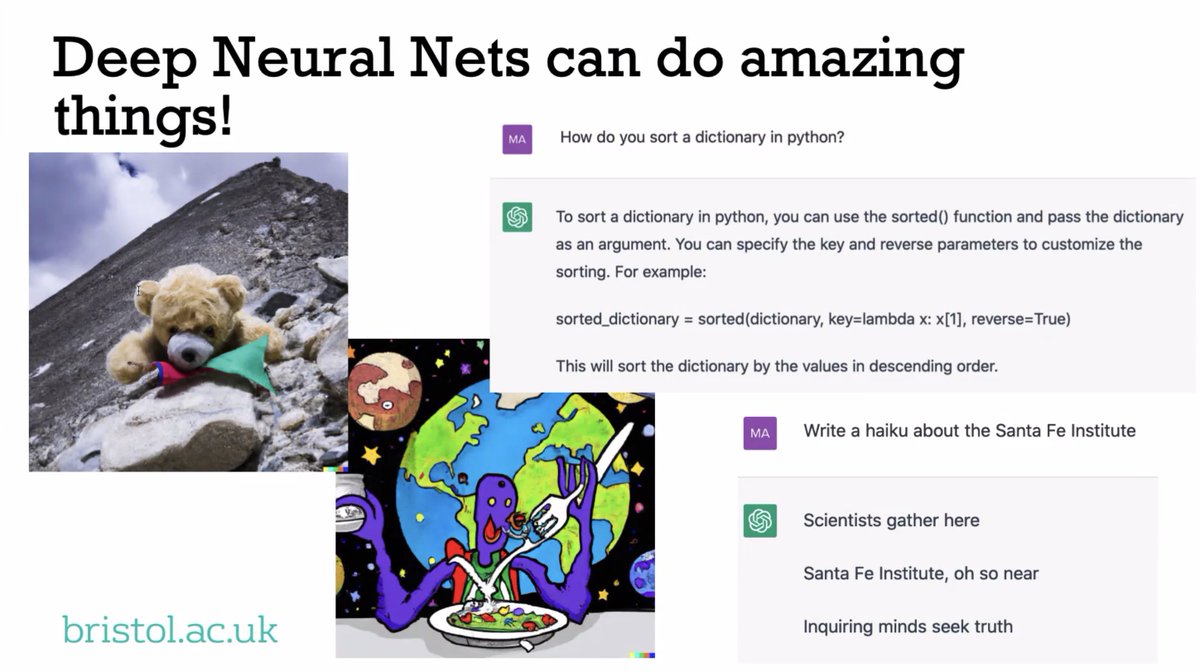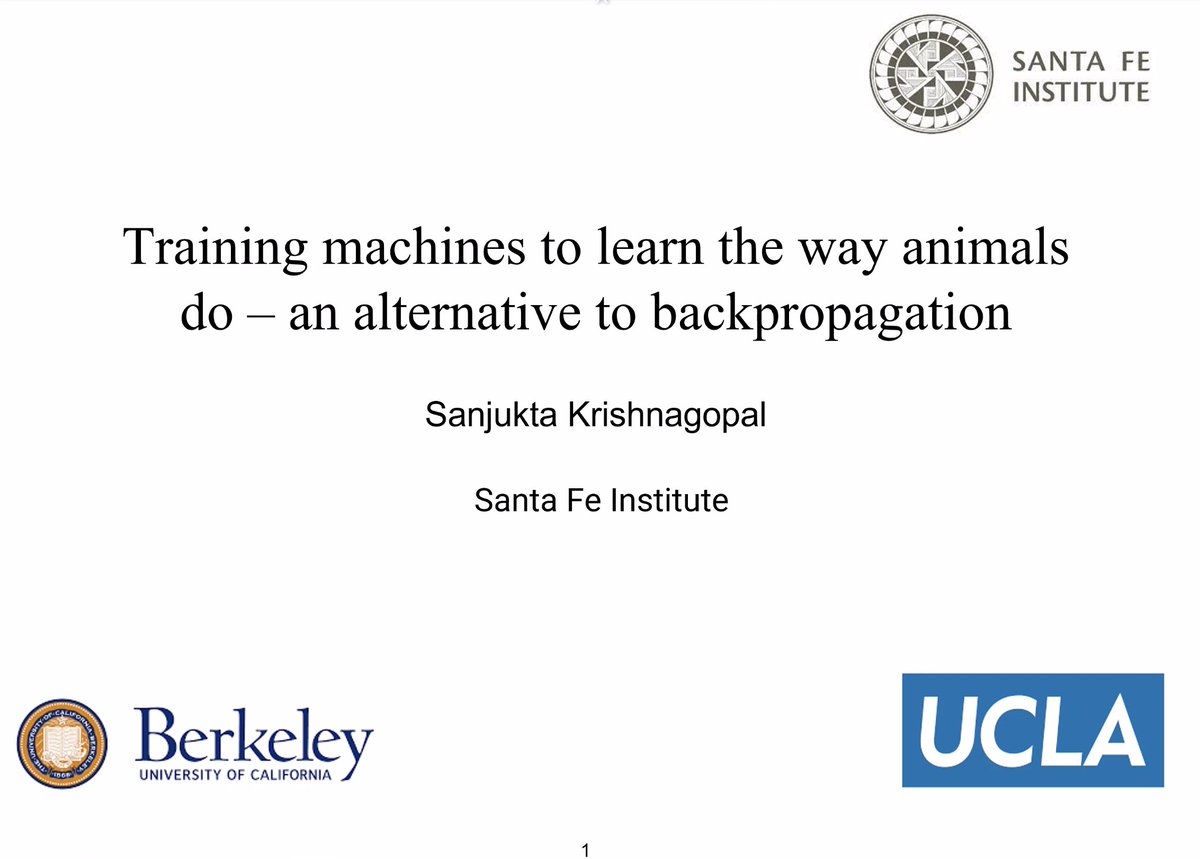"You don't see radio changing gradually and suddenly become radar. #Darwin's theory doesn't work for #technology, and we have to make a new observation."
- W Brian Arthur at SFI today
#evolution #innovation #invention
- W Brian Arthur at SFI today
#evolution #innovation #invention

"Novel technologies are constructed from existing technologies. These offer themselves as components for the construction of further technologies."
- W Brian Arthur at SFI today
#evolution #innovation #invention #technology #engineering #design



- W Brian Arthur at SFI today
#evolution #innovation #invention #technology #engineering #design
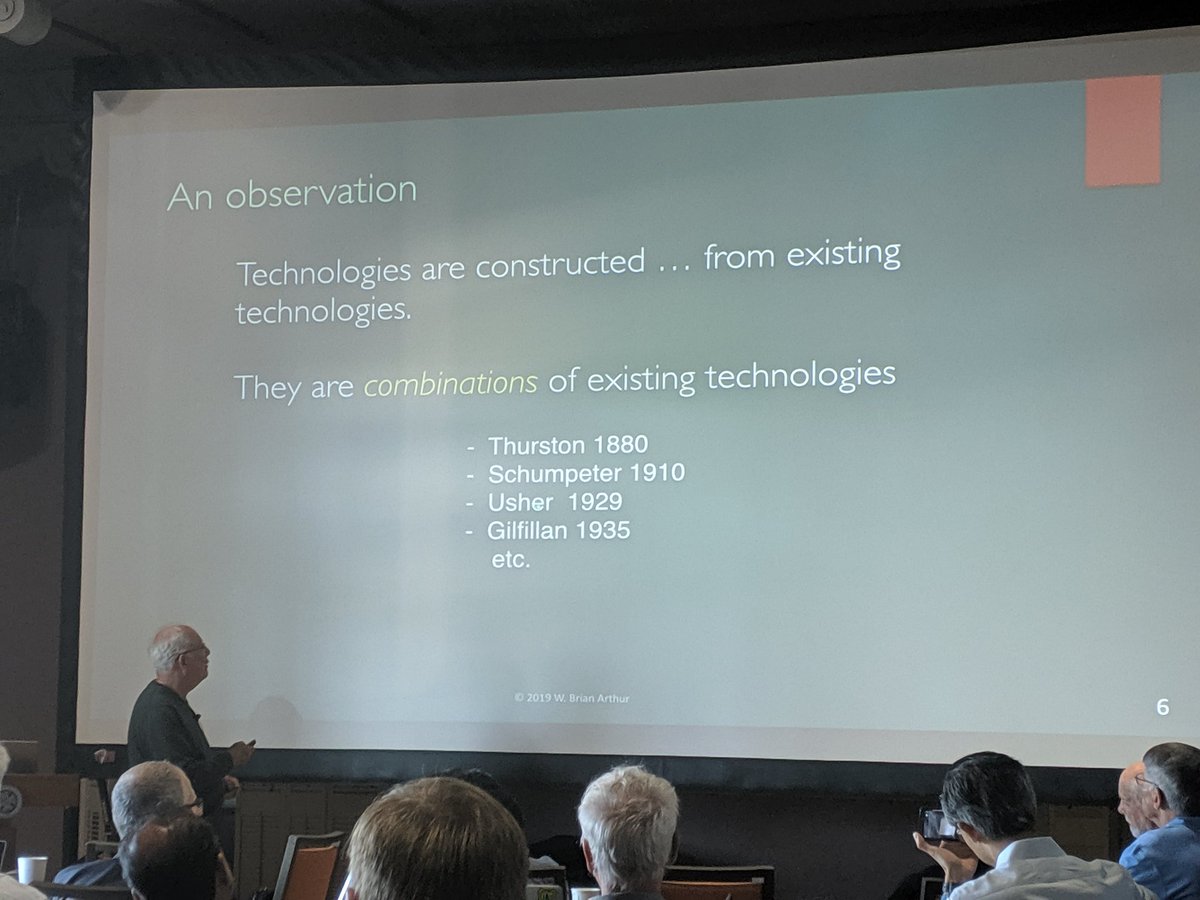



Unlike the two-parent #inheritance typical to (but not ubiquitous among) #complex organisms, #technology inherits features from n parents - a "vast ancestral #network" more like horizontal gene transfer networks in #bacteria.
W Brian Arthur on sumulating #invention on a chip:



W Brian Arthur on sumulating #invention on a chip:



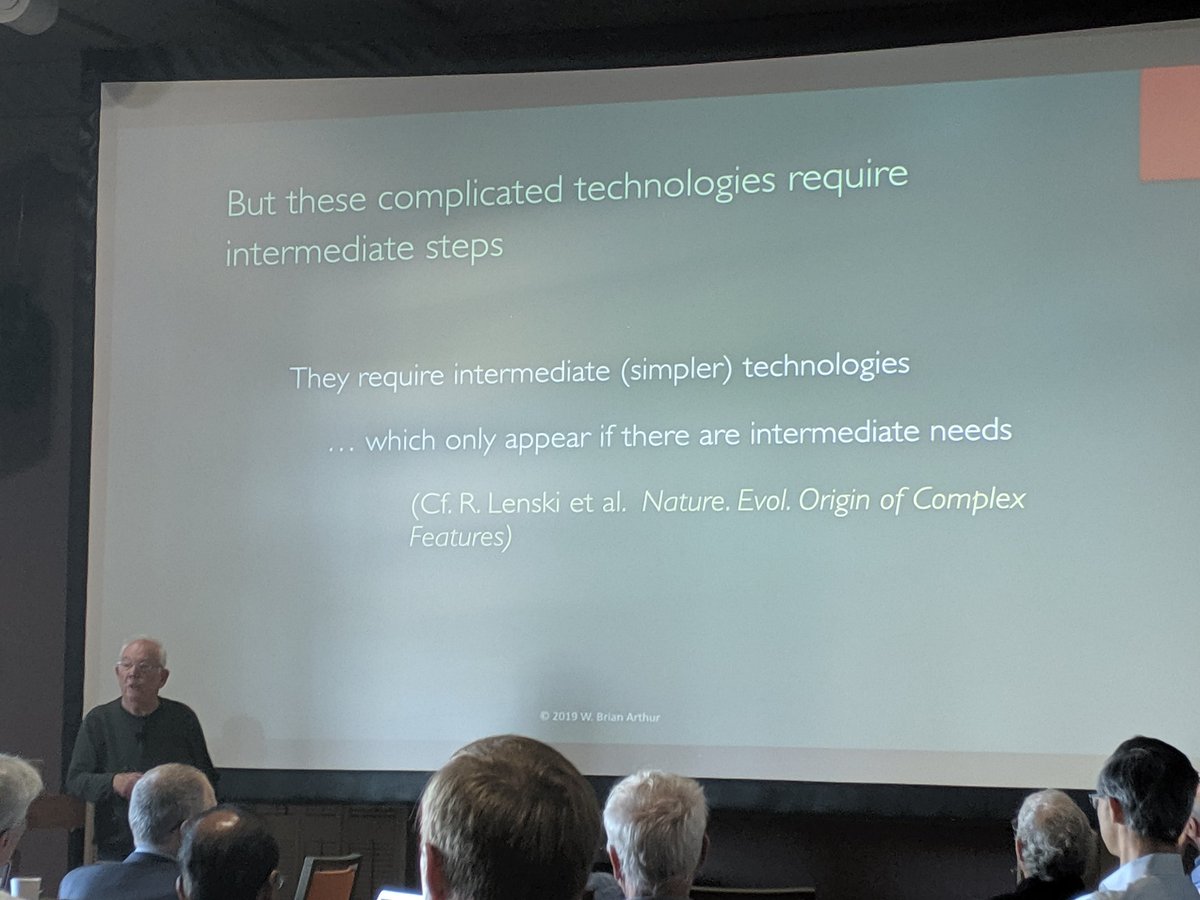
Does #Archaeology support the Theory of the #AdjacentPossible - that #innovation is combinatorial, persistent, cumulative?
In short, yes. SFI's Tim Kohler on the #Paleolithic data of #technology #evolution & the #prehistory of the infamous "hockeystick" curve:
😉 @SAPIENS_org



In short, yes. SFI's Tim Kohler on the #Paleolithic data of #technology #evolution & the #prehistory of the infamous "hockeystick" curve:
😉 @SAPIENS_org

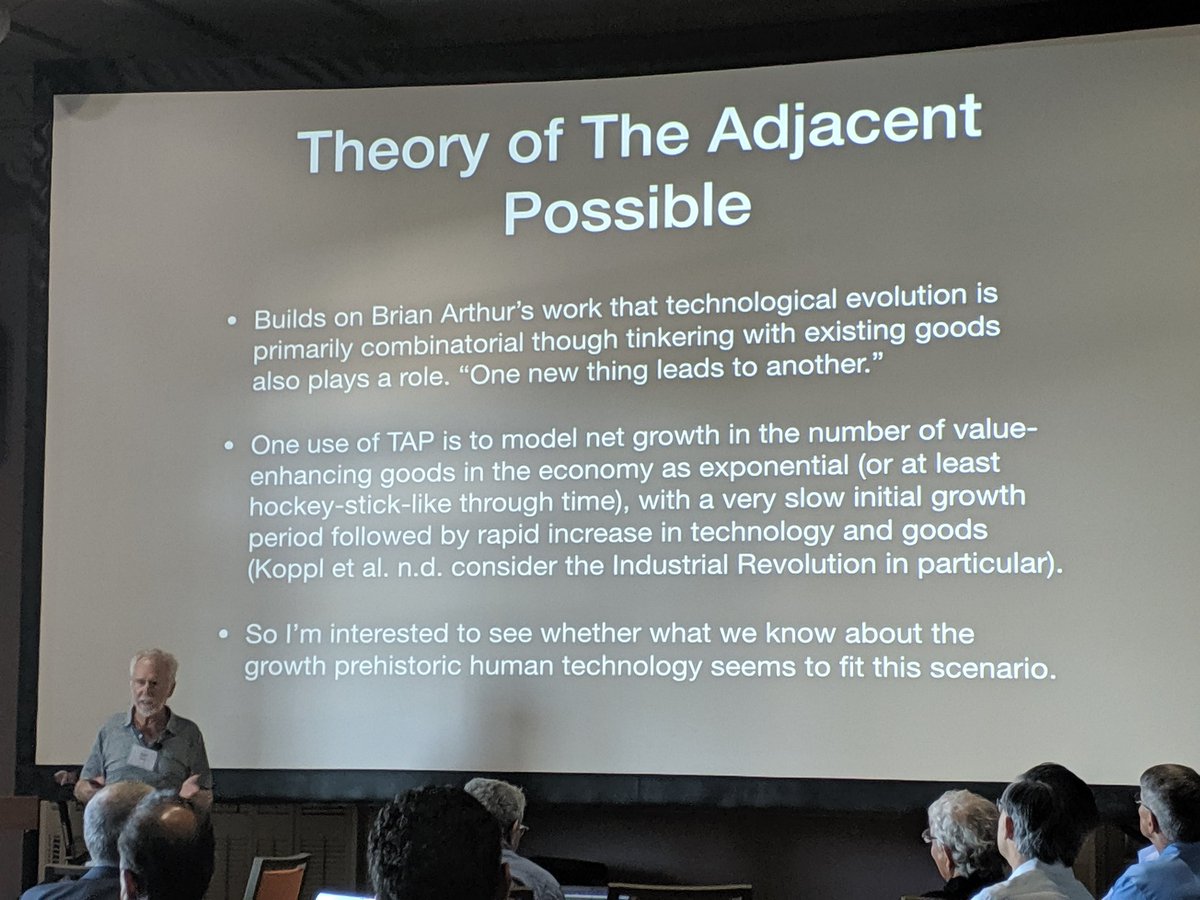


#Economist Roger Koppl of @SyracuseU presents a model for the #AdjacentPossible at SFI.
Output = "a combinatorial explosion" or #singularity, albeit one that arguably occurred millions of years ago, or in the distant future (since the model doesn't specify t = 0):


Output = "a combinatorial explosion" or #singularity, albeit one that arguably occurred millions of years ago, or in the distant future (since the model doesn't specify t = 0):



"We can't have universal models if organisms differ. But most of our models are universal. So how do our models need to differ for species-specific #search?"
- @toppofelin (@UniofOxford) reminds listeners at SFI today that we live in worlds, plural:
#umwelt #suchbild #affordance



- @toppofelin (@UniofOxford) reminds listeners at SFI today that we live in worlds, plural:
#umwelt #suchbild #affordance




"Irreversible #systems flow to these tricky systems you could mistake for a reversible system."
Lee Smolin of @Perimeter on how #complexsystems thinking inspired a heresy in fundamental #physics: that #time #symmetry in familiar laws is #emergent from deeper, asymmetrical laws:



Lee Smolin of @Perimeter on how #complexsystems thinking inspired a heresy in fundamental #physics: that #time #symmetry in familiar laws is #emergent from deeper, asymmetrical laws:




Classical #physics has failed to offer adequate #economics models. Could #QuantumPhysics succeed in supplying useful analogies for modeling the ontic #uncertainty & #disequilibrium of the #economy?
Naresh Singh at SFI today:



Naresh Singh at SFI today:




Theorizing the #AdjacentPossible in evolutionary systems, Walter Fontana of @Harvard suggests a mechanism for The Baldwin Effect at the intersection of genetic plasticity and mutation.
Evolvability points to a link between the non-hereditary and the hereditary, without Lamarck:



Evolvability points to a link between the non-hereditary and the hereditary, without Lamarck:

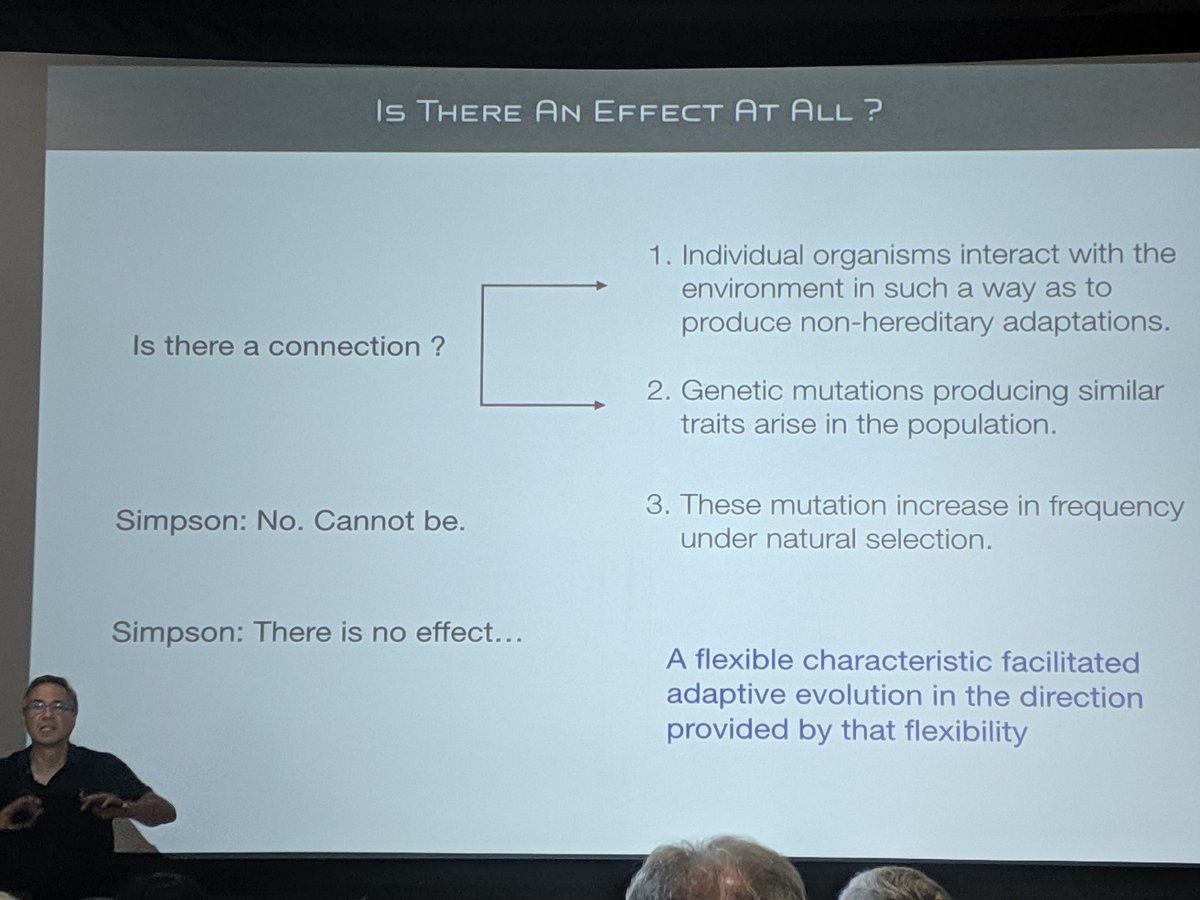
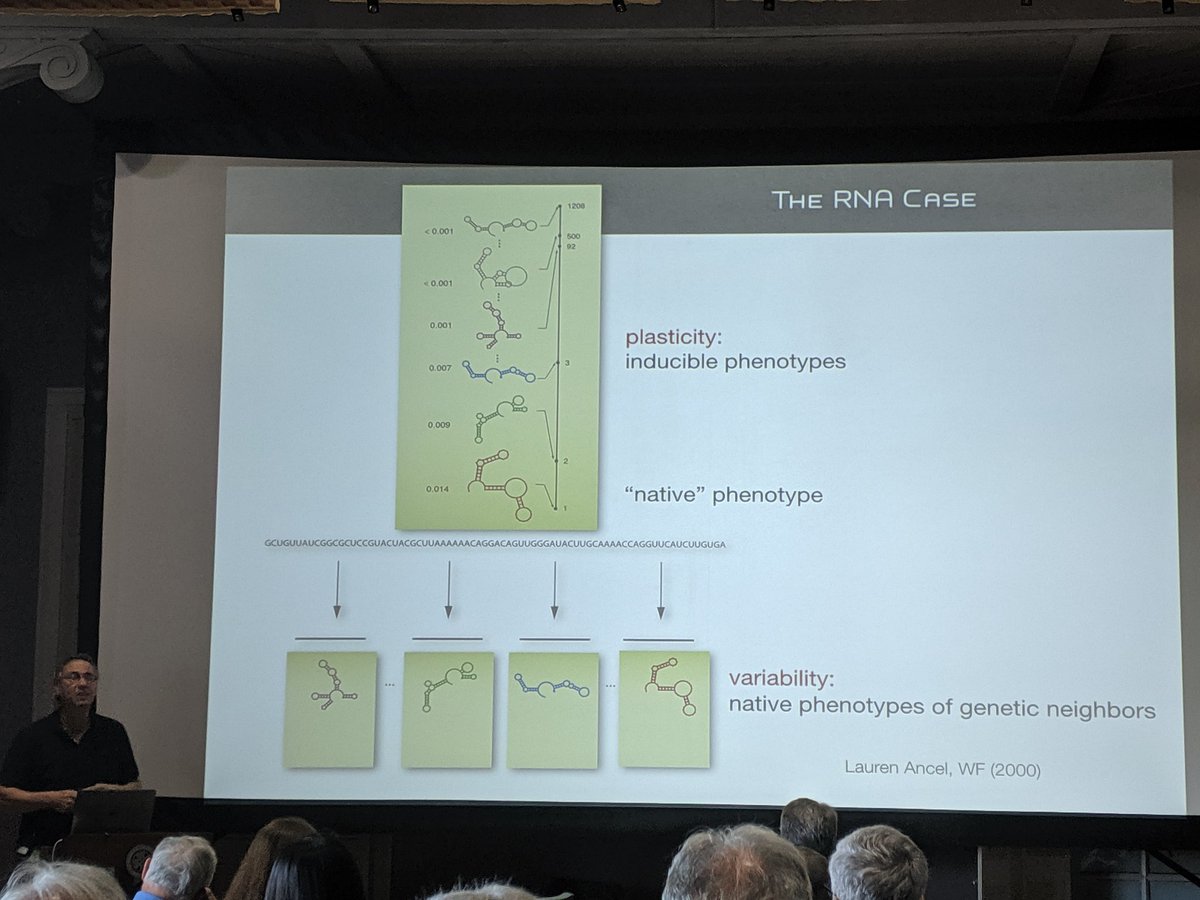
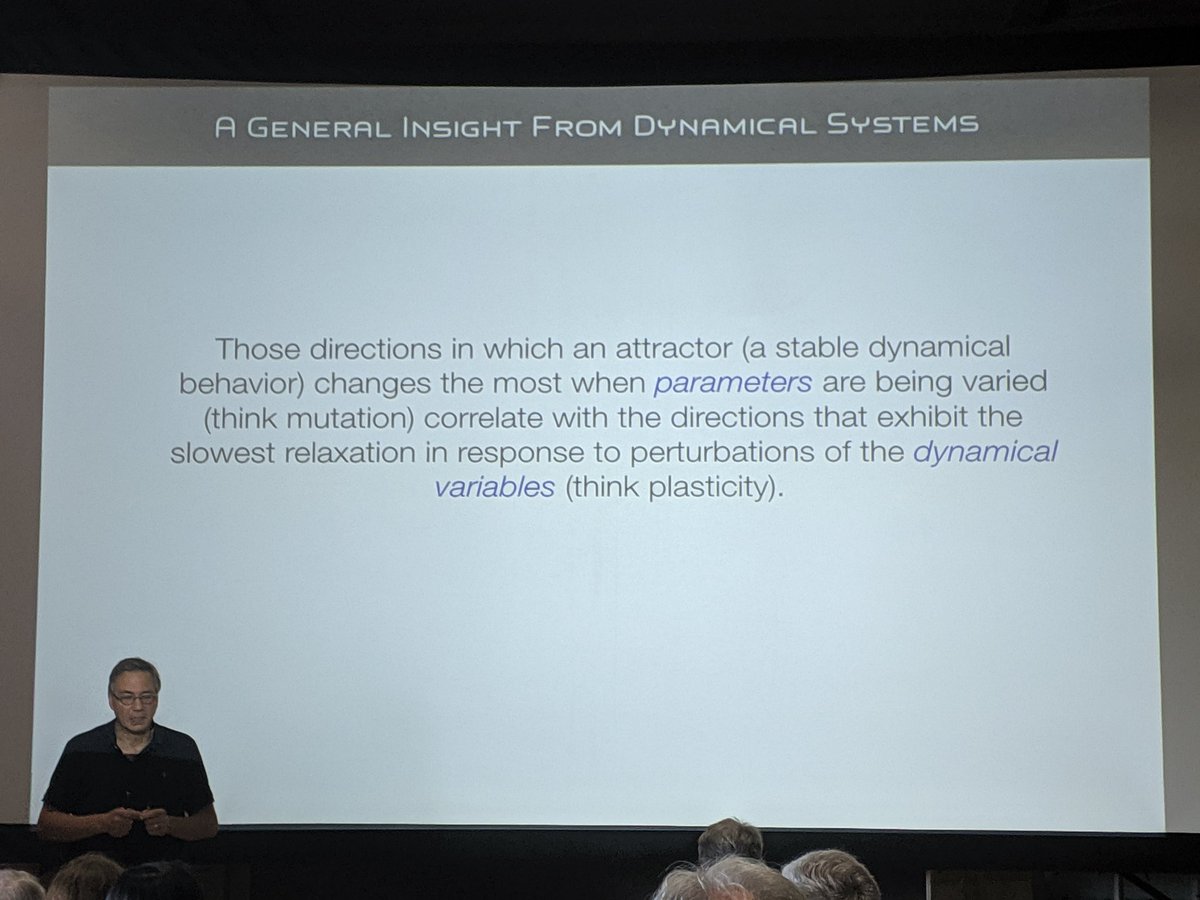
"The legal system becomes more complex as strategies & precedents proliferate in a combinatorial explosion that was not pre-statable."
"While we cannot control precisely how the law develops, we *can* enable the development of the law..."
- Attorney Caryn Devins Strickland at SFI
"While we cannot control precisely how the law develops, we *can* enable the development of the law..."
- Attorney Caryn Devins Strickland at SFI

Can we make in silico patients? Yes:
@colinhill1, founder of @gnshealthcare, on building the Holy Grail of #medical modeling: the patient-on-a-chip.
Here the model shows a responding & a non-responding population to #stemcell therapy, validated by empirical #data:
#myeloma



@colinhill1, founder of @gnshealthcare, on building the Holy Grail of #medical modeling: the patient-on-a-chip.
Here the model shows a responding & a non-responding population to #stemcell therapy, validated by empirical #data:
#myeloma
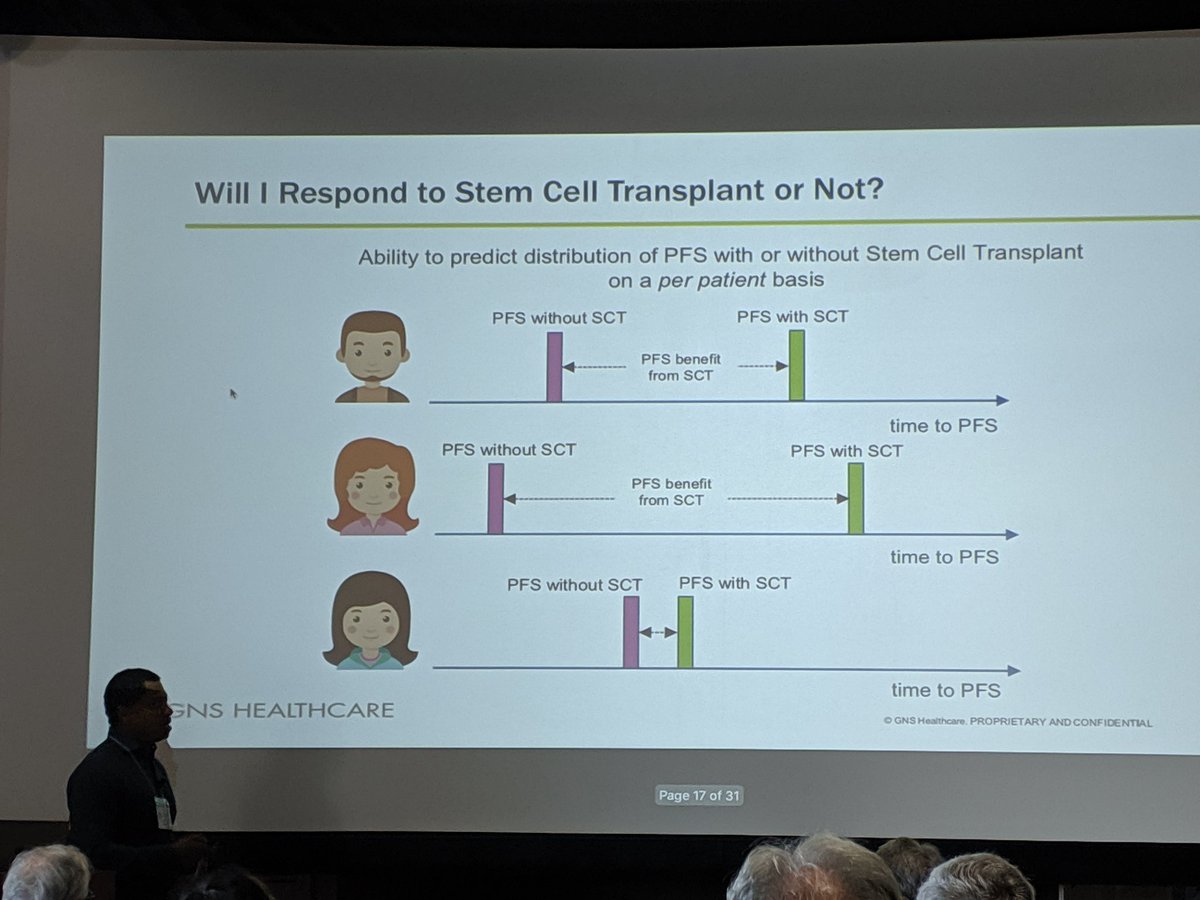



"Understanding #wellness is the key to understanding #disease."
Lee Hood (@isbsci) on the importance of an #integrative #complexsystems view - #networks, #hierarchy, #holism, #nonlinear dynamics, #signal-to-#noise issues, & deep phenotyping - to 21st Century #medicine:

Lee Hood (@isbsci) on the importance of an #integrative #complexsystems view - #networks, #hierarchy, #holism, #nonlinear dynamics, #signal-to-#noise issues, & deep phenotyping - to 21st Century #medicine:

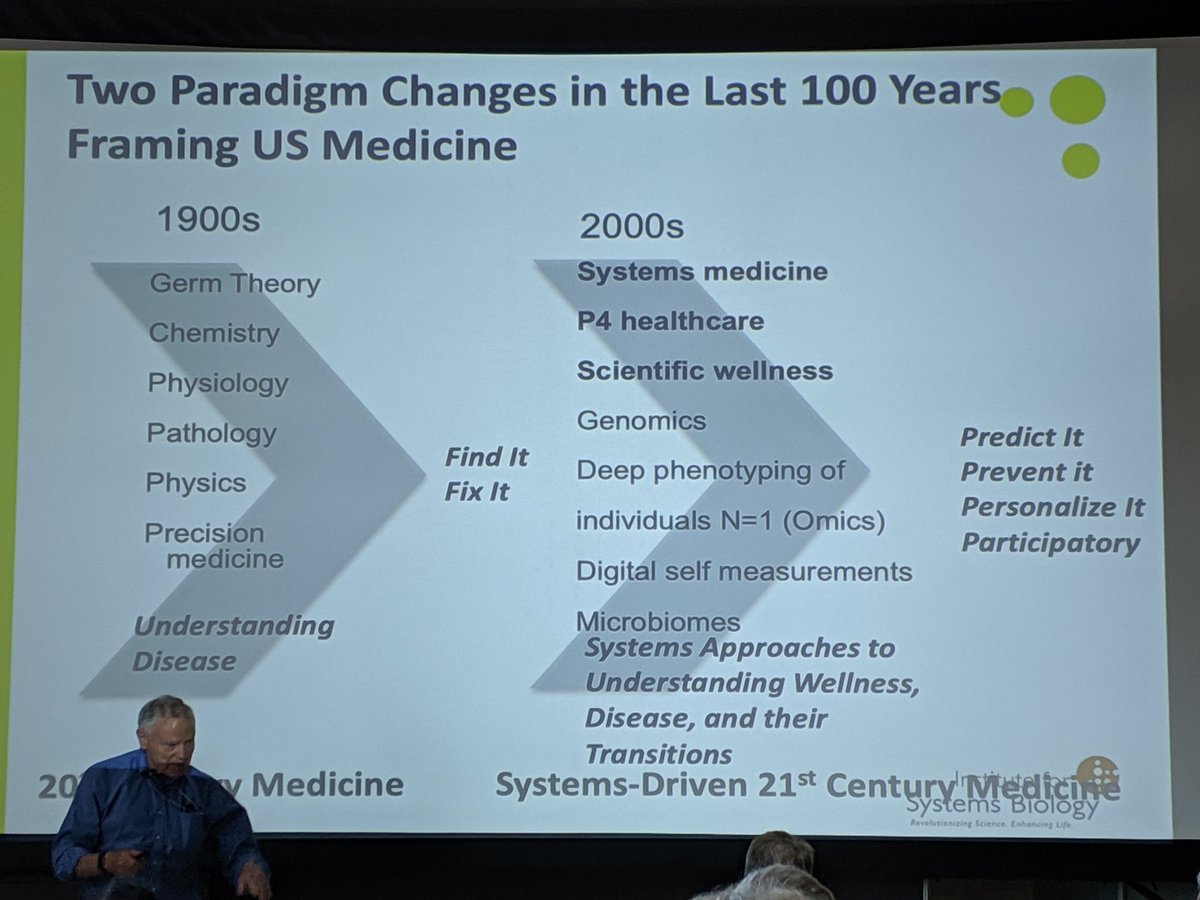
The drugs don't work: Lee Hood of @isbsci on the problem (highest-grossing one-size-fits-all #pharmaceuticals work for ~5%) & solution (personalized #medicine informed by a #complexsystems approach - including #nutrigenomics, #quantifiedself, #microbiome tracking, etc.) 





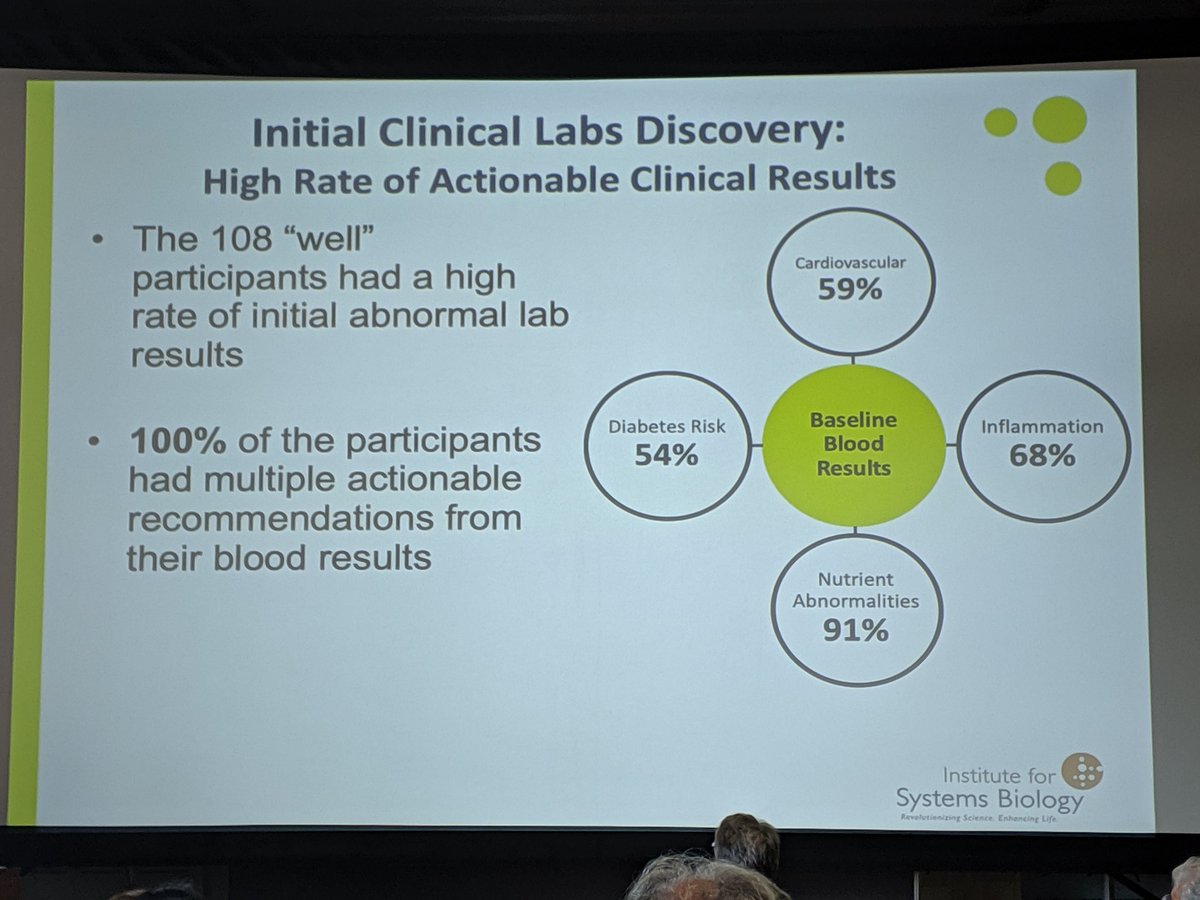

"A totally new approach to biomarker discovery & drug delivery discovery."
"For many diseases, your genetic risk is going to determine how you get treated."
Lee Hood of @isbsci at SFI on a multi-omics approach to teasing apart complex correlations for innovative #medicine:



"For many diseases, your genetic risk is going to determine how you get treated."
Lee Hood of @isbsci at SFI on a multi-omics approach to teasing apart complex correlations for innovative #medicine:

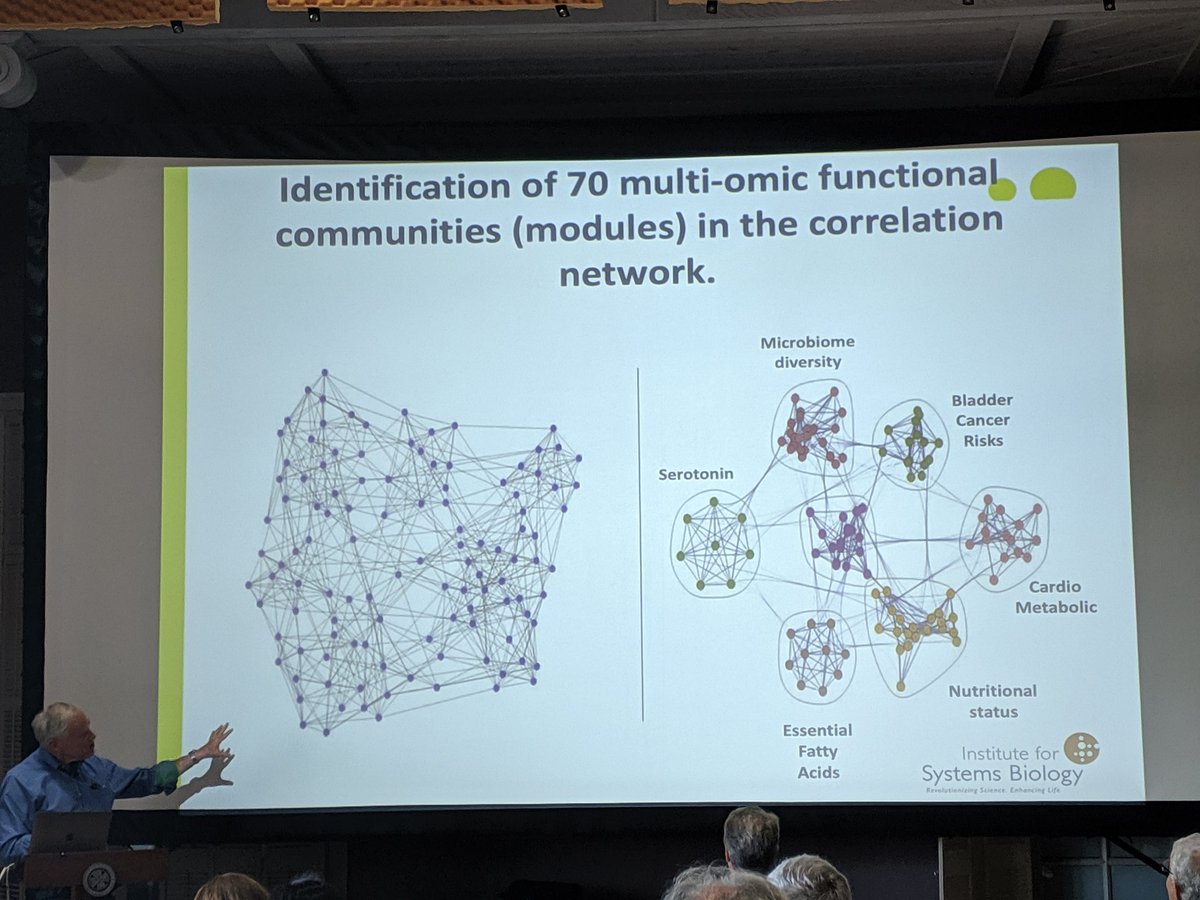


A fate worse than #death: ~2/3 surveyed said they'd rather accept an #obesity intervention w/ higher mortality rates than one that would forbid sweets (pic 4).
Yet patient preference gets ignored, leading to clashes between #healthcare companies & regulators.
Bennett Levitan:



Yet patient preference gets ignored, leading to clashes between #healthcare companies & regulators.
Bennett Levitan:




"Models aren't just used to predict things; it's how people present their worldviews to one another."
- Stephen Guerin @redfishgroup at SFI on #ABM & #photogrammetry for #forestfire modeling/fighting with @Simtable
#sousveillance #design

- Stephen Guerin @redfishgroup at SFI on #ABM & #photogrammetry for #forestfire modeling/fighting with @Simtable
#sousveillance #design


"Can we beat the software designers to #AI with chemical systems?”
- @leecronin (@UofGlasgow) on de novo #biology (aka "#chemistry with a #history") & the inspiration behind mapping #selforganization w/ "pathway assembly" to ask: created, or evolved?
#kolmogorov #entropy #OoL



- @leecronin (@UofGlasgow) on de novo #biology (aka "#chemistry with a #history") & the inspiration behind mapping #selforganization w/ "pathway assembly" to ask: created, or evolved?
#kolmogorov #entropy #OoL



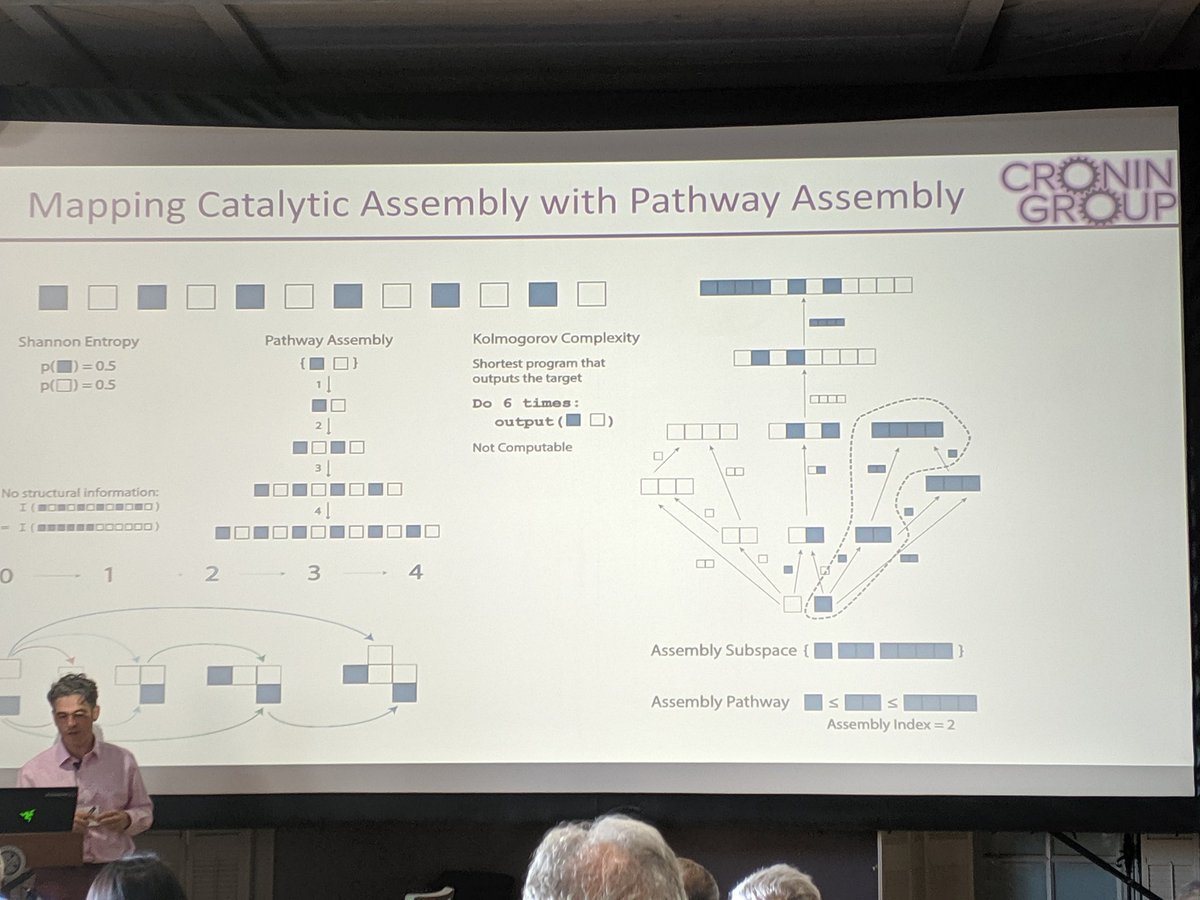
"The origin of life was almost certainly inorganic."
#Autocatalysis in an inorganic salt: complex networks of self-replicating molecules in the @leecronin lab at @UofGlasgow:
#OoL #chemistry #biology #selforganization



#Autocatalysis in an inorganic salt: complex networks of self-replicating molecules in the @leecronin lab at @UofGlasgow:
#OoL #chemistry #biology #selforganization
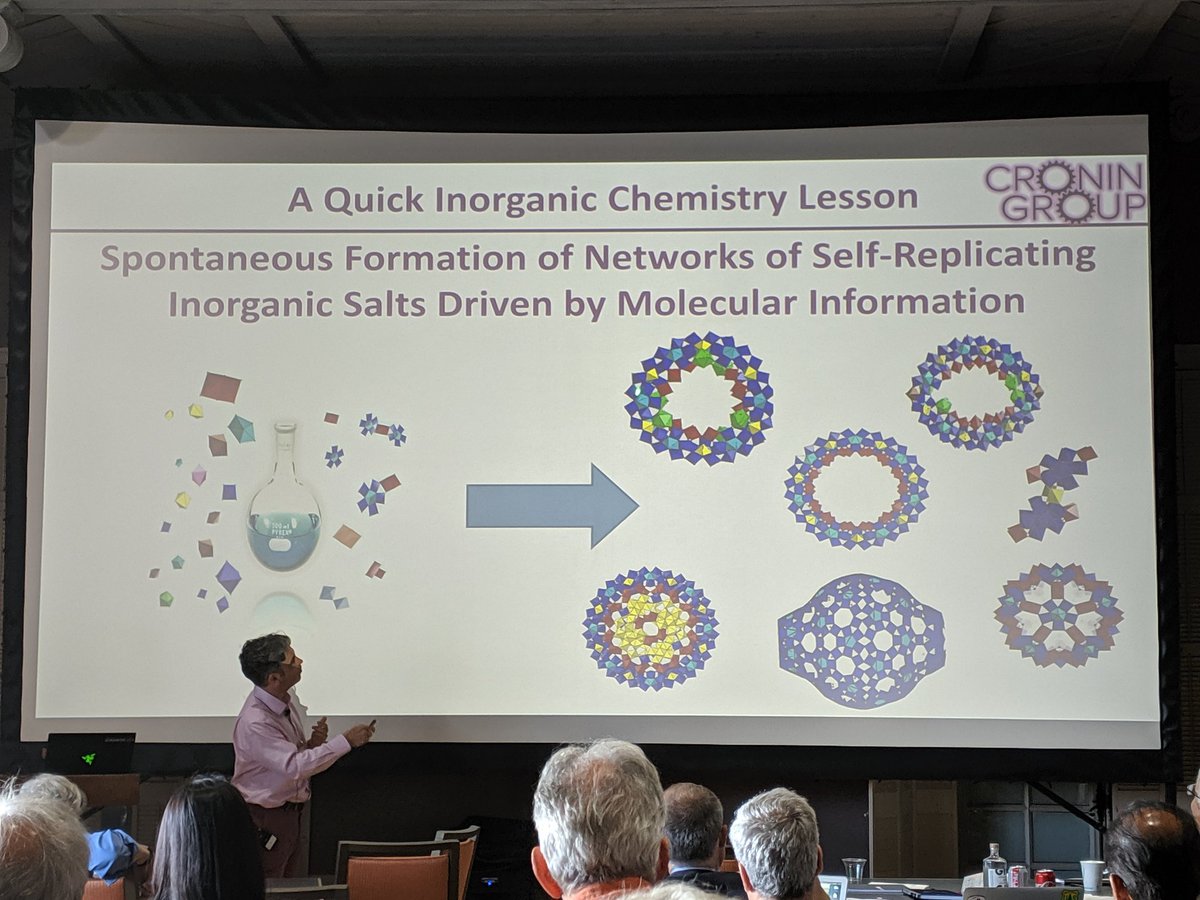



• • •
Missing some Tweet in this thread? You can try to
force a refresh



